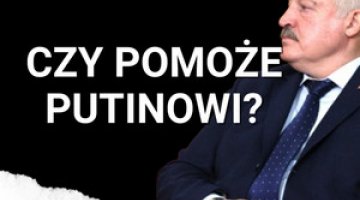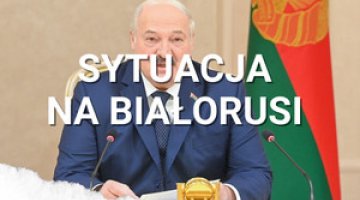Lukashenka increases the role of the power ministries
In the past two months, the President of Belarus Alyaksandr Lukashenka has taken a number of steps to strengthen and modify the role of the power ministries in managing the state and enhancing the military factor in the functioning of the state apparatus. On 12 September the formation of a new power ministry – the Investigative Committee – was initiated. As of 1 January 2012, this body will take over the powers of investigation from the prosecutors’ office, the Interior Ministry and the State Control Committee. The new ministry will be headed by Colonel Valery Vakulchik, who enjoys the support of the president's elder son Viktar, who informally controls most of the power institutions, including the KGB. The Investigative Committee will be directly subordinate to the head of state, and will be responsible for conducting investigations in cases which are deemed particularly important for national security; the progress of these cases will not be subject to direct supervision by the prosecutors’ office. In addition, in October, the Belarusian parliament received draft amendments to the statutes of the KGB. The proposed amendments would establish the KGB’s independence in its operational methods, including a free hand in the use of physical coercion and surveillance. On 3-4 November, during territorial defence exercises, Lukashenka appointed six regional governors and the mayor of Minsk to the rank of generals, as officials who would be responsible for carrying out mobilisation tasks. The President also presented a plan to create a 120,000-strong territorial army; its task would be to strengthen Belarus’s defence potential in the event of an external threat. According to the Belarusian president such a threat is growing, especially from the West, including Poland.
Commentary
- Despite the growing economic crisis and sharp criticism from the West, Lukashenka consistently continues to reject the option of carrying out economic and political reforms. The absence of any plan for Belarus to escape the crisis is the main reason why the president is building up an atmosphere of external threats to the state. The purpose of this activity is to consolidate the Belarusian public and the ruling camp behind his rule.
- The creation of the Investigative Committee and the proposed legal changes that would increase the KGB’s repressive powers indicate the president's growing concern about the possible outbreak of public discontent caused by the deepening economic crisis. Moreover, it is possible that in the face of increasing pressure from Russia, Lukashenka is worried about the loyalty of the nomenklatura, and therefore intends to strengthen his control over it.
- The participation of a significant number of citizens in territorial defence in the face of an alleged external threat is an attempt to militarise social life and increase control over those social spheres which are potential sources of outbreaks of public protests.
- The changes in the power institutions related to the creation of the Investigative Committee and granting the KGB special powers mean an increase in the influence of the president's elder son Viktar, who by introducing his own people into key positions is coming to control a majority of the security apparatus.





